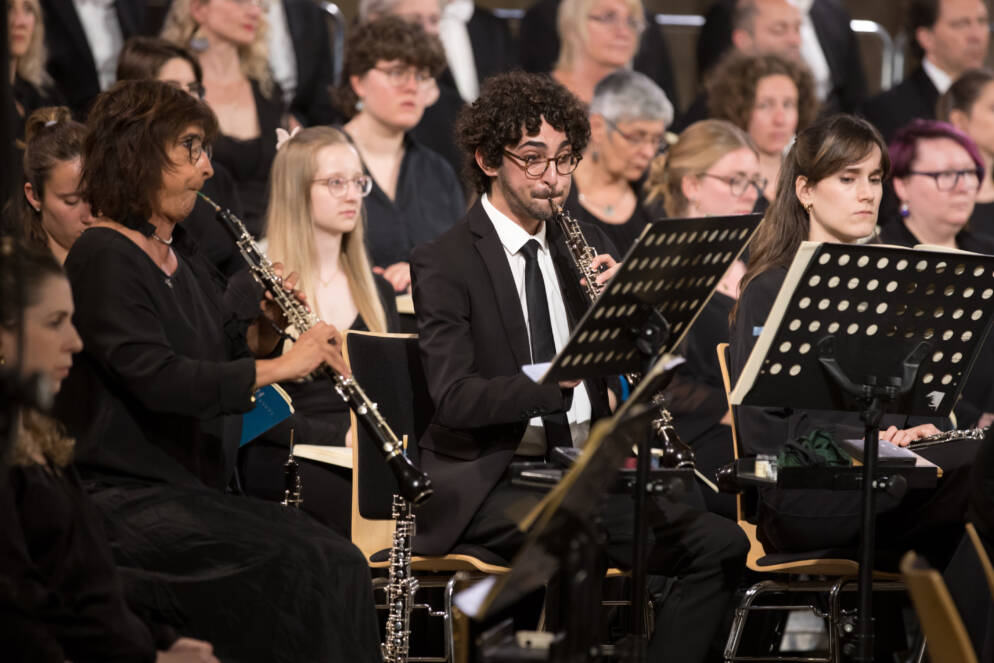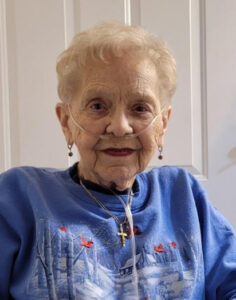
The Galilee Chamber Orchestra, Israel’s pioneering ensemble composed of Jewish and Arab musicians, is set to perform in Philadelphia on November 19, 2023, at the Kimmel Center. This concert marks the orchestra’s first in-person performance in the city and is part of a three-stop U.S. tour that also includes Gainesville, Florida, and a prestigious appearance at Carnegie Hall in New York on November 20, 2023.
Nabeel Abboud Ashkar, the orchestra’s co-founder and a leading figure in the organization Polyphony, expressed hopes that audiences will recognize the potential for coexistence through music. “I hope that [audiences] will see that it is possible to find a way to live together, to work together, despite differences,” he stated. Abboud Ashkar emphasized the beauty of the music they will perform, including works by Mendelssohn and Mozart, as a testament to collaborative artistry.
The Galilee Chamber Orchestra, primarily comprised of young musicians in their late teens and early twenties, previously engaged with Philadelphians through a Zoom concert in May 2021, co-sponsored by various local Jewish organizations and churches. This month’s tour aims to deepen those connections through live performances.
Founded in Nazareth, Polyphony aims to bridge the cultural divide between Jewish and Arab communities in Israel through classical music education. Abboud Ashkar elaborated on the significance of the organization’s name, stating, “What is great about polyphony in music is that you have multiple voices and melodies happening simultaneously.” He views this as a metaphor for societal harmony, where diversity enhances rather than detracts from community.
Abboud Ashkar’s journey began in Nazareth, where he recognized a gap in quality music programming for young people. After studying physics and music at Tel Aviv University, he pursued a master’s degree in violin performance in Germany. In 2006, he returned to Nazareth to establish the Barenboim-Said Conservatory, with the goal of fostering excellence in classical music among Arab youth. “Excellence was a big part of what we were striving for,” he remarked.
The success of this initiative led to the formation of the Galilee Chamber Orchestra, which now features around half of its 36 members from Arab backgrounds. Abboud Ashkar noted that the orchestra symbolizes a collective belief in the importance of peaceful coexistence. “There’s no alternative to being able to find a way to live peacefully together,” he affirmed.
The programming offered by Polyphony serves as a platform for dialogue, allowing young musicians to engage with one another and their communities. Abboud Ashkar explained that the organization provides tools for fostering constructive conversations, often revealing both similarities and differences among participants. “This is where people meet. But it’s just the beginning of a much bigger process,” he stated.
In a world marked by division, the power of music to unite is particularly vital. Abboud Ashkar expressed hope that the orchestra’s performances convey a broader message of empathy and understanding. “They come and they want to hear us and they want to support us,” he said, highlighting the impact of community engagement in both Israel and the United States.
As the Galilee Chamber Orchestra prepares for its Philadelphia debut, it seeks not only to entertain but also to inspire change through the universal language of music. The concert promises to be a celebration of unity and a reminder of the beauty that arises when diverse voices come together.







